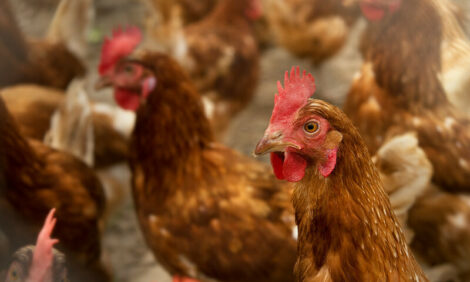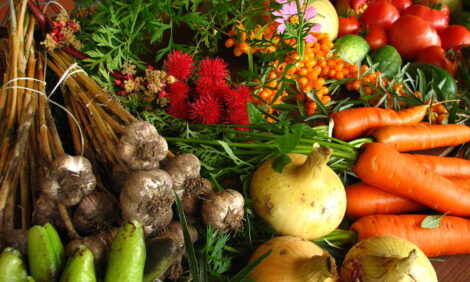



WTO Fails To Recognize Canadian Egg, Poultry And Dairy Trade Position
CANADA - The challenges paper issued Monday in Geneva by the Chair of the World Trade Organization (WTO) Agriculture Negotiations is a disappointing document that fails to reflect the Canadian position on trade.Particularly alarming for Canada's dairy, poultry and egg farmers is that Crawford Falconer's paper entirely disregards Canada's stated position on sensitive products. If the ideas were adopted in their current form in a final WTO Doha Round agreement, farmers say, the outcome would be devastating for Canada's supply management industries.
"The Canadian government must speak out vigorously against the sensitive products section in this challenges paper," said Laurent Souligny, Chairman of the Canadian Egg Marketing Agency. "If you examine the language, it doesn't come close to reflecting the Canadian government's position on sensitive products. This is the message Canada must relay to negotiators on May 7 when they meet to discuss it."
At issue is Mr. Falconer's treatment of the "sensitive products" category. In July 2004, the category garnered support among WTO members because it was widely recognized that all countries have sensitive products. It was seen as a way for countries to safeguard their most sensitive products while also pursuing aggressive market access for less sensitive products. This approach is in keeping with Canada's pragmatic trade position, which seeks real commercial market access for its export sectors and avoids injuring its sensitive products, such as those produced under supply management.
Mr. Falconer's paper links requirements for sensitive products to the general tariff reduction formula for other products. Such a link is contrary to the very reason the sensitive products category was created.
The paper also accommodates the most trade-distorting players, particularly the United States and the European Union. It ignores the requirements of legitimate marketing mechanisms like supply management that do not rely on government subsidies.
"The Prime Minister, his ministers and our agriculture negotiator have consistently assured us that they will aggressively defend the interests of all Canadian farmers, including those under supply management," said David Fuller, Chairman of Chicken Farmers of Canada. "We remain confident that our representatives will continue to fight for all of Canadian agriculture and find ways to engage in the negotiations and deliver a result acceptable to all sectors."
Canada's dairy, poultry and egg farmers remain firm in their call for no reductions in over-quota tariffs and for no increases in minimum market access for their products. Any failure to keep import controls at current levels, they maintain, would seriously undermine their industries.
There is now a renewed push at the WTO for an agreement by the end of 2007. In order to be able to meet this ambitious new deadline, negotiations will intensify over the coming months-in particular leading up to the WTO summer break in August. It is expected that Mr. Falconer's paper will be discussed by negotiators in Geneva in the coming weeks and will form the basis of the next draft modalities paper.
"Given the possibility for a WTO deal by the end of the year, important decisions could be taken in Geneva in the coming weeks and months," said Jacques Laforge, President of Dairy Farmers of Canada. "It is absolutely critical that the Canadian government engage actively in the negotiations to ensure any further negotiating texts do not contain similar damaging ideas."
Canadian farmers expect their government to forcefully defend the Canadian agricultural trade position and ensure it is reflected in any final WTO agreement on agriculture.











